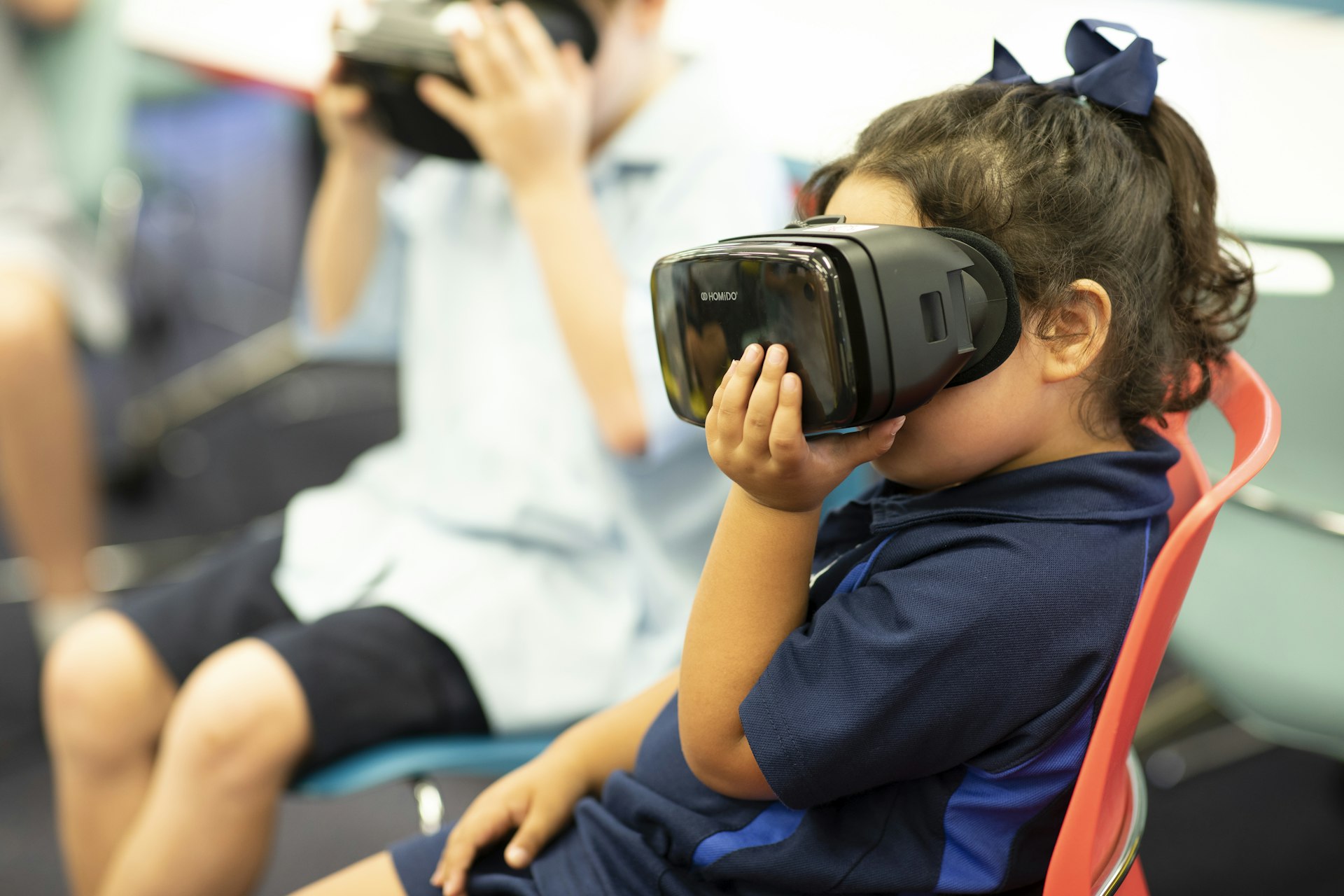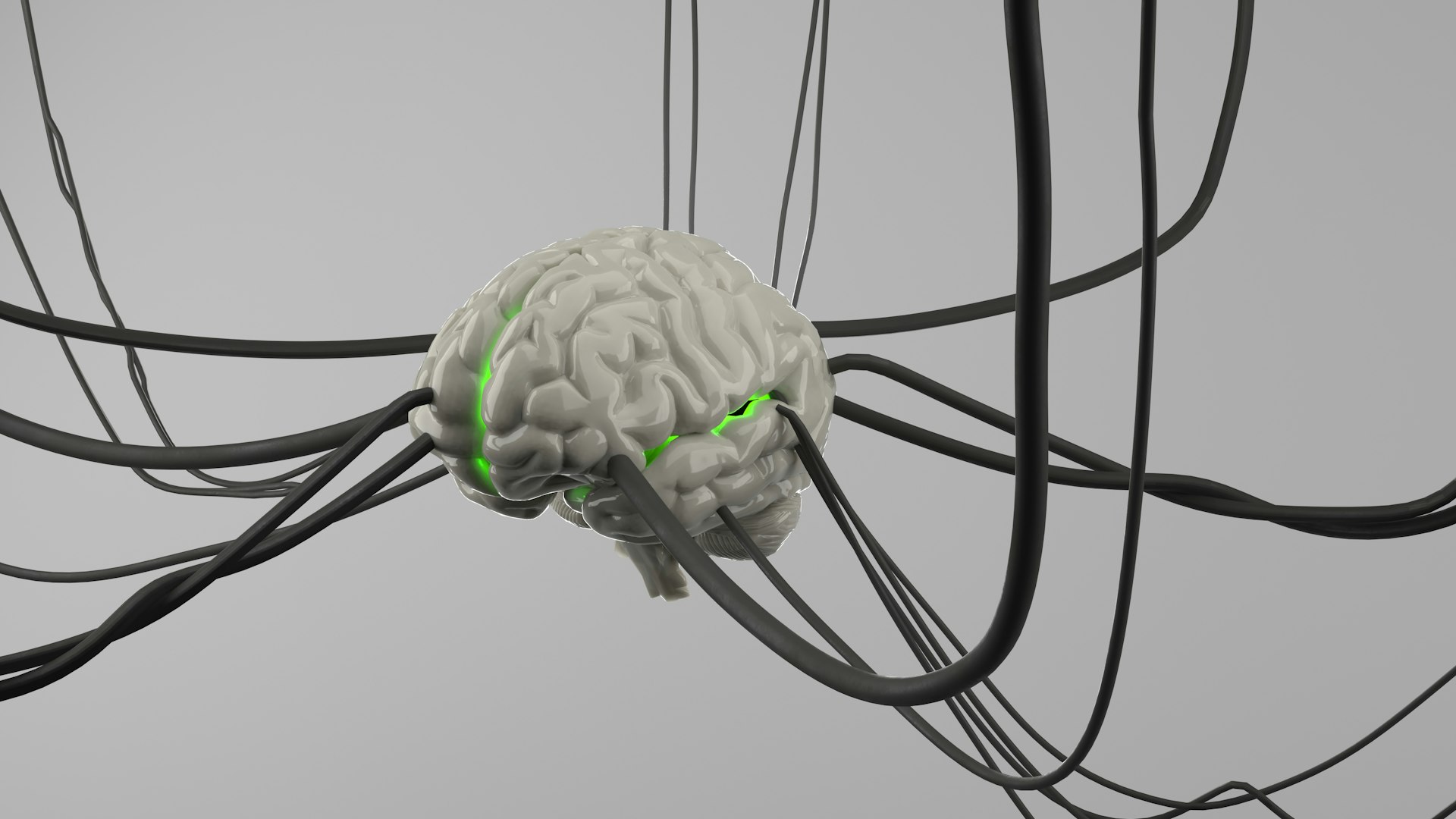Decentralized Gaming Platforms: Trends, Opportunities, and the Road Ahead

Photo by arifwdn on Unsplash
The Rise of Decentralized Gaming: Redefining Player Ownership and Autonomy
Decentralized gaming platforms are fundamentally altering the landscape of interactive entertainment by leveraging blockchain technology to empower players and introduce new economic models. Unlike traditional games, where ownership and control rest with centralized publishers, decentralized platforms use blockchain to distribute decision-making, asset ownership, and even revenue opportunities directly to the community. This shift is driving significant growth and innovation, with industry projections estimating that the blockchain gaming market could reach between $65 and $90 billion by 2030 [2] . In this article, we will examine the core trends shaping this future, outline actionable steps for participation, and discuss the challenges and solutions that lie ahead.
Decentralized Governance: Giving Players a Voice
At the heart of decentralized gaming is the concept of decentralized governance . Through blockchain protocols, games now allow stakeholders-primarily players and token holders-to directly influence development decisions, in-game policies, and even economic structures. This model incentivizes greater community engagement and ensures that player interests remain central to a game’s evolution. For example, gamers may participate in governance by voting on new features, adjusting the tokenomics, or proposing community initiatives. Every transaction and decision is recorded on-chain, ensuring transparency and fairness [2] . To explore games with decentralized governance, consider searching for blockchain games on reputable industry portals and reviewing their documentation for governance mechanisms.

Photo by Shubham Dhage on Unsplash
Play-to-Earn (P2E) and Player-Driven Economies
One of the most transformative trends is the play-to-earn (P2E) model, where players can earn real-world value-often in the form of tokens or NFTs-by participating in in-game activities. This economic shift has made gaming not just a pastime, but a potential source of income for millions worldwide. Popular examples include games such as Alien Worlds, Axie Infinity, and Splinterlands, where players earn assets that can be traded or sold outside the game environment [3] . To get started in P2E gaming:
- Research top decentralized games by searching for ‘popular blockchain games’ on reputable gaming analytics sites.
- Create a secure crypto wallet compatible with the game’s blockchain (such as MetaMask for Ethereum-based games).
- Participate in onboarding tutorials offered by most major blockchain games.
- Always exercise caution with your wallet security and only use platforms with a strong reputation and transparent documentation.
Many P2E games require an initial investment in NFTs or tokens. Always review each game’s official website and whitepaper before making any purchases, and consider starting with games that offer a free-to-play option.
Interoperable NFTs and Asset Portability
Decentralized gaming is rapidly moving toward interoperable NFTs , which enable players to transfer assets-such as skins, weapons, or characters-across multiple games and platforms. This not only increases the utility and value of digital assets but also fosters broader, interconnected gaming ecosystems [1] . For example, a sword earned in one RPG could be used in another participating game, provided both operate on compatible blockchains. To take advantage of cross-game NFTs:
- Look for games and platforms that specifically advertise interoperability or cross-chain compatibility.
- Check if the NFTs you own are created using widely supported standards (such as ERC-721 or ERC-1155 for Ethereum).
- Stay updated on new marketplaces and tools that facilitate NFT transfers between games.
While this technology is still maturing, the trend points toward a future where digital ownership is not siloed but connected across an entire gaming ecosystem. For up-to-date information, regularly consult blockchain gaming news outlets and NFT industry reports.
AI-Driven Economies and Smarter Gameplay
Artificial Intelligence (AI) is playing an increasingly vital role in decentralized gaming. AI-powered non-player characters (NPCs) can now interact with the game economy by trading assets, adjusting prices in real time, and responding to player actions in more immersive ways [4] . This creates dynamic, competitive, and realistic digital economies. For example, AI agents can:
- Stabilize token economies by adjusting rewards or creating new quests during periods of inflation.
- Offer personalized experiences by adapting in-game content to player behaviors.
- Increase transparency by executing actions on-chain, making every economic interaction verifiable.
To explore AI-driven decentralized games, search for recent GameFi projects that highlight AI integration in their documentation or community forums. As AI becomes more embedded in blockchain gaming, expect gameplay to become more sophisticated and economic systems more resilient.
Lowering Barriers: User Experience and Accessibility
Historically, onboarding onto blockchain games was a technical barrier for many users. However, new solutions are making decentralized gaming more accessible. Innovations such as invisible wallets and gas-efficient blockchains now allow players to interact with games without navigating complex wallet setups or paying high transaction fees [1] . To access these user-friendly platforms:
- Look for games that offer wallet-free onboarding or support social logins.
- Consider games built on blockchains known for low gas fees, such as Polygon or Solana.
- Read user reviews and onboarding guides from official game forums or reputable tech publications.
As the technology matures, expect even more streamlined entry points, reducing friction for both new and experienced gamers.
Community-Driven Ecosystems and New Monetization Models
Decentralized gaming communities are pioneering novel monetization strategies , including creator tokens, content NFTs, and community-managed treasuries [1] . Players and creators alike can benefit from new revenue streams, such as:
- Earning tokens for contributing to game development or moderation.
- Minting and selling custom in-game content as NFTs.
- Participating in decentralized autonomous organizations (DAOs) that allocate funds to promising projects or reward active members.
To get involved, join official game Discord channels, participate in governance forums, or explore community grant programs. Always verify the legitimacy of any program by consulting the game’s official website and reading community feedback.
Challenges and Potential Solutions
While the future is bright, decentralized gaming faces several challenges:
- Scalability: High transaction volumes can strain blockchain networks, causing congestion and high fees. Solutions include adopting layer-2 scaling protocols and more efficient blockchains.
- Security: Decentralized systems can be targets for exploitation. Always use official wallets, enable two-factor authentication, and stay informed about best security practices through trusted blockchain security resources.
- Regulation: The legal landscape around NFTs and crypto gaming is evolving. Stay updated by following reputable regulatory news sources and consulting legal professionals if investing heavily.
- User Education: New players may find blockchain concepts daunting. Many games now offer educational hubs and onboarding guides; search for these on official platforms or community-run wikis.
Alternative approaches include participating in beta-testing programs for emerging games, joining academic research projects on blockchain gaming, or collaborating with open-source communities focused on decentralized technology.
How to Access Decentralized Gaming Platforms
If you are interested in exploring decentralized gaming:
- Search for “top blockchain games” or “Web3 gaming platforms” on established gaming news sites to find reputable opportunities.
- Review each platform’s official documentation and community forums before engaging or making transactions.
- Start with free-to-play options to familiarize yourself with Web3 mechanics.
- For questions or support, join the official Discord or Telegram channels listed on the game’s verified website.
- Stay updated by subscribing to newsletters from authoritative industry sources and regulatory updates from official agencies.
If you wish to get involved in governance or investment, consider participating in DAO voting, contributing to open-source projects, or attending virtual events hosted by leading Web3 communities. Always ensure you are accessing these opportunities through official channels to avoid scams.
Key Takeaways
Decentralized gaming platforms are ushering in a new era of player empowerment, digital asset ownership, and innovative economic models. As technology and user experience improve, and as major studios and investors enter the space, opportunities for players, creators, and developers will continue to expand. To make the most of these emerging trends, stay informed, engage with reputable communities, and always prioritize security and due diligence.
References
- [1] Blaize Tech (2024). Top Web3 Trends to Watch in 2025.
- [2] CoinFantasy (2024). The Decentralized Future of Blockchain Gaming.
- [3] Udonis Blog (2024). Key Blockchain Gaming Trends for 2025.
- [4] Agility Portal (2025). AI Agents in GameFi: How Smarter Gameplay Is Shaping Decentralized Gaming.
- [5] Blockchain App Factory (2025). Web3 Game Marketing Trends 2025: Crypto, NFTs & Community.
MORE FROM findworkpro.com













